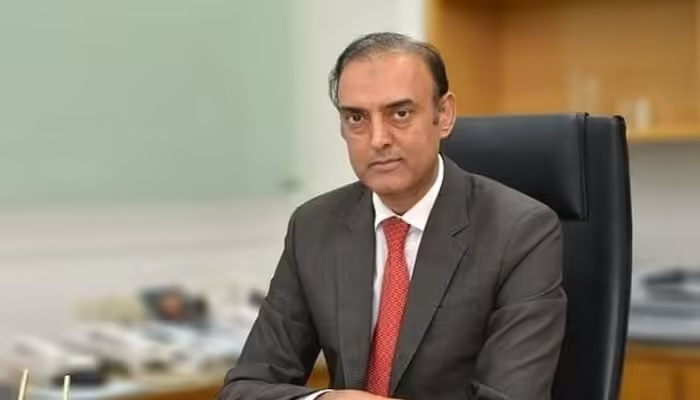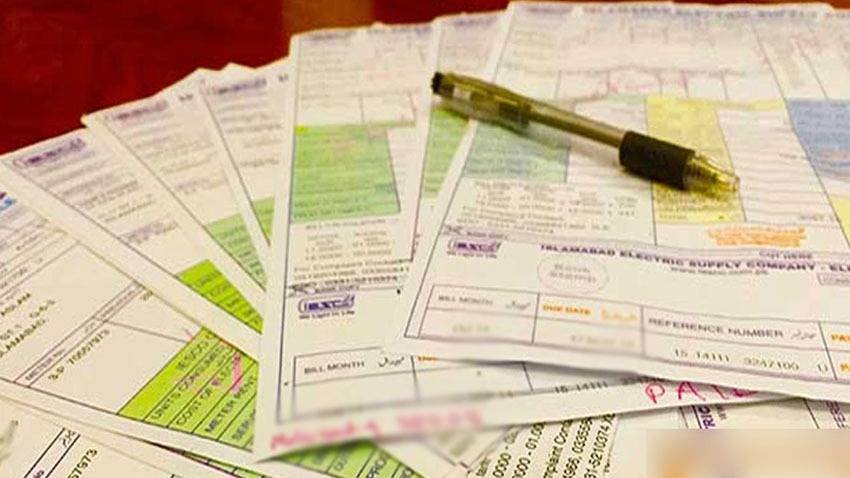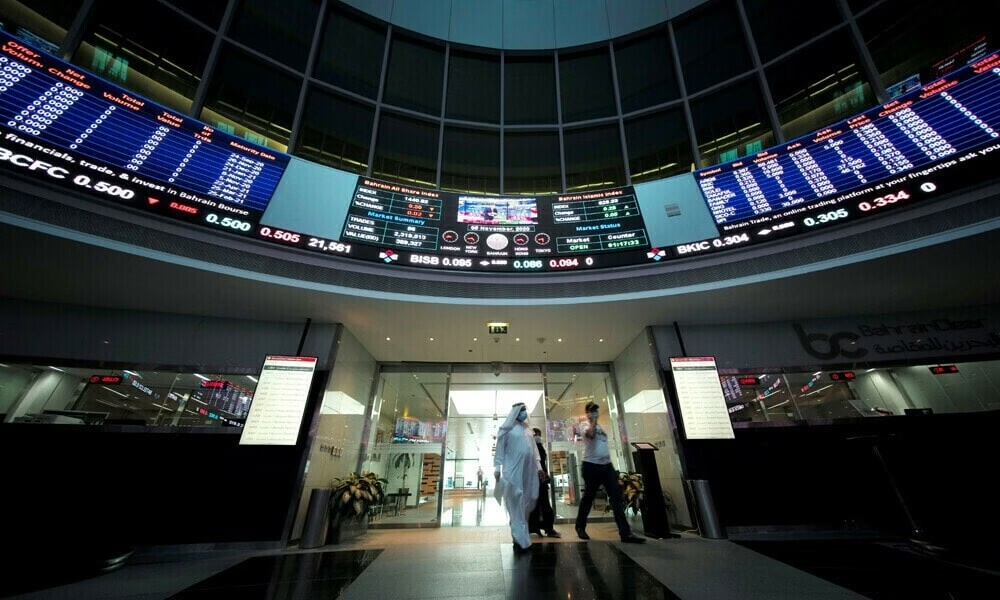Governor of the State Bank of Pakistan, Jameel Ahmed, has forecasted a significant reduction in the rate of inflation for the next fiscal year, projecting it to fall within the range of 5 to 7 percent. This optimistic outlook was shared during a briefing at the National Assembly’s Standing Committee on Finance, chaired by Syed Naveed Qamar.
Addressing Inflation Concerns
Governor Ahmed acknowledged the current high inflation rates and expressed confidence in the measures being taken to control and reduce them. He pointed out that the current fiscal year’s inflation rate is expected to hover between 11.5% and 13.5%, but assured that effective policies would bring it down to a more manageable 5 to 7 percent in the upcoming fiscal year. This projection is based on a combination of monetary policies and external economic factors that are expected to stabilize.
Policy Rate Controversy
One of the critical points of contention during the briefing was the high policy rate, which is currently set at 19.5 percent. Members of the Standing Committee expressed their reservations, arguing that such a high rate could stifle economic growth and burden businesses. Governor Ahmed defended the policy rate, explaining that it is a necessary measure to curb inflation and stabilize the economy. He emphasized that the State Bank is constantly reviewing the rate and will adjust it as needed based on economic indicators.
Import Restrictions and Debt Repayment
Governor Ahmed highlighted the lifting of all restrictions on imports, a move aimed at facilitating economic activity and growth. He detailed Pakistan’s debt obligations, stating that the country has a total debt repayment of $26.2 billion this fiscal year. Out of this, $12.3 billion will be rolled over, and $4 billion of commercial debt will be refinanced after payment. This leaves a net debt repayment of $10 billion for the year. So far, $1.4 billion has been paid, with $8.6 billion remaining.
He underscored the importance of managing these repayments carefully to avoid putting undue pressure on the country’s foreign reserves and financial stability. Governor Ahmed reassured the committee that measures are in place to ensure these obligations are met without compromising economic growth.
Positive Economic Indicators
Governor Ahmed also shared some positive economic indicators, suggesting that the country’s economy is on a path to recovery. He noted a significant decrease in oil imports, which have reduced from $2.5 billion per month to $1.4 billion. This reduction not only helps in conserving foreign reserves but also indicates a shift towards more sustainable energy consumption patterns.
Furthermore, the current account deficit has narrowed to 0.2 percent of GDP, with expectations to remain between zero percent and one percent this year. This improvement is crucial for the country’s economic stability and reflects better management of the balance of payments.
External Support and Future Prospects
Governor Ahmed also mentioned the support Pakistan has received from its international partners. He highlighted the assurances from China, Saudi Arabia, and the UAE to extend the loan period, which provides a cushion for managing the country’s financial obligations. This external support is vital for maintaining economic stability and fostering growth.
Economic Growth and Challenges
The briefing also covered the growth in exports and remittances, which are essential components of Pakistan’s economy. Governor Ahmed indicated that these sectors are showing positive trends, contributing to the overall economic recovery. He stressed the importance of maintaining these growth trajectories to ensure long-term economic stability.
However, the path to recovery is not without challenges. The high policy rate, though necessary for controlling inflation, poses a risk to business growth and investment. Additionally, managing the significant debt repayments while maintaining economic growth will require careful planning and execution.
Governor Jameel Ahmed’s briefing to the National Assembly’s Standing Committee on Finance painted a cautiously optimistic picture of Pakistan’s economic future. While acknowledging the current high inflation rates and significant debt obligations, he outlined a comprehensive plan to manage these challenges. The projection of reducing inflation to 5 to 7 percent next fiscal year, coupled with positive economic indicators and external support, provides hope for a stable and growing economy.
The coming months will be critical as the government and the State Bank implement these plans and navigate the complexities of economic recovery. If successful, Pakistan could see a period of sustained growth and stability, benefiting businesses and citizens alike.



